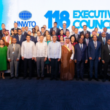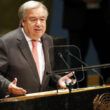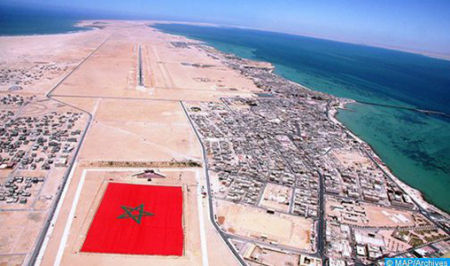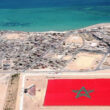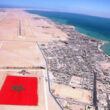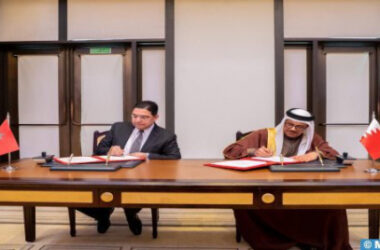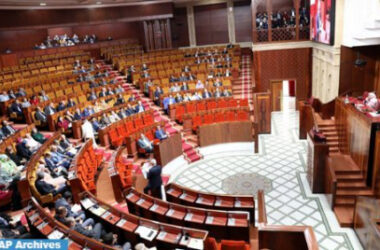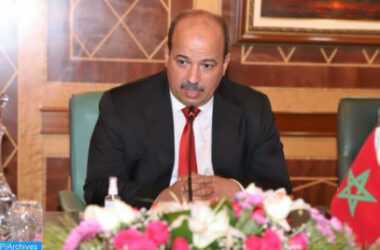The plan presented by Morocco in 2007 “is consistent with international law, the UN Charter and the resolutions of the Security Council and the UN General Assembly,” said the representative of Antigua and Barbuda, Claxton Duberry, at the C-24 Pacific regional seminar held in the Indonesian city of Bali from May 24 to 26.
He also highlighted the international momentum behind the autonomy initiative, described as serious and credible in successive Security Council resolutions since 2007, noting that more than 100 countries are supporting the plan.
In this context, the diplomat welcomed the opening of 28 consulates general in the cities of Laayoune and Dakhla to take advantage of the economic and social opportunities offered by the Moroccan Sahara as a hub of development, stability and prosperity in the Mediterranean, Atlantic and African regions.
Duberry also said that his country welcomes the efforts of the Personal Envoy of the UNSG for the Sahara to facilitate the resumption of the political process under the exclusive auspices of the head of the UN, including his two visits to Rabat, the Tindouf camps in Algeria, Algiers and Nouakchott, as well as the informal bilateral consultations he held last March in New York with Algeria, Morocco, Mauritania and the “polisario”.
He called, in this sense, Algeria, Morocco, Mauritania and the “polisario” to remain committed to the political process with a view to achieving a realistic, pragmatic and sustainable political solution to this regional dispute over the Moroccan Sahara as mandated by the Security Council.
He called for the resumption of the roundtable process in the same format and with the four participants, namely Morocco, Algeria, Mauritania and the “polisario”, and this in accordance with the Security Council resolution 2654.



